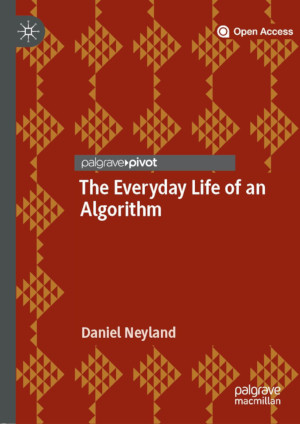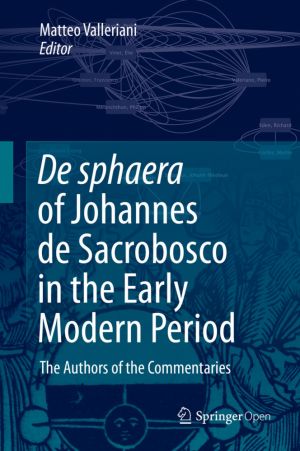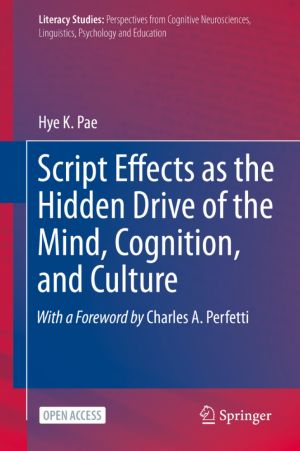Script Effects as the Hidden Drive of the Mind, Cognition, and Culture
by Hye K. Pae
DescriptionDetailsHashtagsReport an issue 






Book Description
This open volume reveals the hidden power of the script we read in and how it shapes and drives our minds, ways of thinking, and cultures. Expanding on the Linguistic Relativity Hypothesis (i.e., the idea that language affects the way we think), this volume proposes the "Script Relativity Hypothesis" (i.e., the idea that the script in which we read affects the way we think) by offering a unique perspective on the effect of script (alphabets, morphosyllabaries, or multi-scripts) on our attention, perception, and problem-solving. Once we become literate, fundamental changes occur in our brain circuitry to accommodate the new demand for resources. The powerful effects of literacy have been demonstrated by research on literate versus illiterate individuals, as well as cross-scriptal transfer, indicating that literate brain networks function differently, depending on the script being read. This book identifies the locus of differences between the Chinese, Japanese, and Koreans, and between the East and the West, as the neural underpinnings of literacy. To support the "Script Relativity Hypothesis", it reviews a vast corpus of empirical studies, including anthropological accounts of human civilization, social psychology, cognitive psychology, neuropsychology, applied linguistics, second language studies, and cross-cultural communication. It also discusses the impact of reading from screens in the digital age, as well as the impact of bi-script or multi-script use, which is a growing trend around the globe. As a result, our minds, ways of thinking, and cultures are now growing closer together, not farther apart.This open book is licensed under a Creative Commons License (CC BY). You can download Script Effects as the Hidden Drive of the Mind, Cognition, and Culture ebook for free in PDF format (3.8 MB).
Book Details
Title
Script Effects as the Hidden Drive of the Mind, Cognition, and Culture
Subject
Education and Teaching
Publisher
Springer
Published
2020
Pages
267
Edition
1
Language
English
ISBN13
9783030551513
ISBN10
3030551512
ISBN13 Digital
9783030551520
ISBN10 Digital
3030551520
PDF Size
3.8 MB
License

Related Books

Part of the AHRC/British Library Academic Book of the Future Project, this book interrogates current and emerging contexts of academic books from the perspectives of thirteen expert voices from the connected communities of publishing, academia, libraries, and bookselling....

This book begins with an algorithm - a set of IF...THEN rules used in the development of a new, ethical, video surveillance architecture for transport hubs. Readers are invited to follow the algorithm over three years, charting its everyday life. Questions of ethics, transparency, accountability and market value must be grasped by the algorithm in ...

In the southern summer of 1972/73, the Glomar Challenger was the first vessel of the international Deep Sea Drilling Project to venture into the seas surrounding Antarctica, confronting severe weather and ever-present icebergs.
A Memory of Ice presents the science and the excitement of that voyage in a manner readable for non-scientists. Woven i...

What can the architecture of ancient ships tell us about their capacity to carry cargo or to navigate certain trade routes? How do such insights inform our knowledge of the ancient economies that depended on maritime trade across the Mediterranean?
These and similar questions lie behind Sailing from Polis to Empire, a fascinating insight into th...

This open access book explores commentaries on an influential text of pre-Copernican astronomy in Europe. It features essays that take a close look at key intellectuals and how they engaged with the main ideas of this qualitative introduction to geocentric cosmology.
Johannes de Sacrobosco compiled his Tractatus de sphaera during the thirteenth ce...

Legal studies and consequently legal history focus on constitutional documents, believing in a nominalist autonomy of constitutional semantics.Reconsidering Constitutional Formation in the late 18th and 19th century, kept historic constitutions from being simply log-books for political experts through a functional approach to the interdependencies ...

